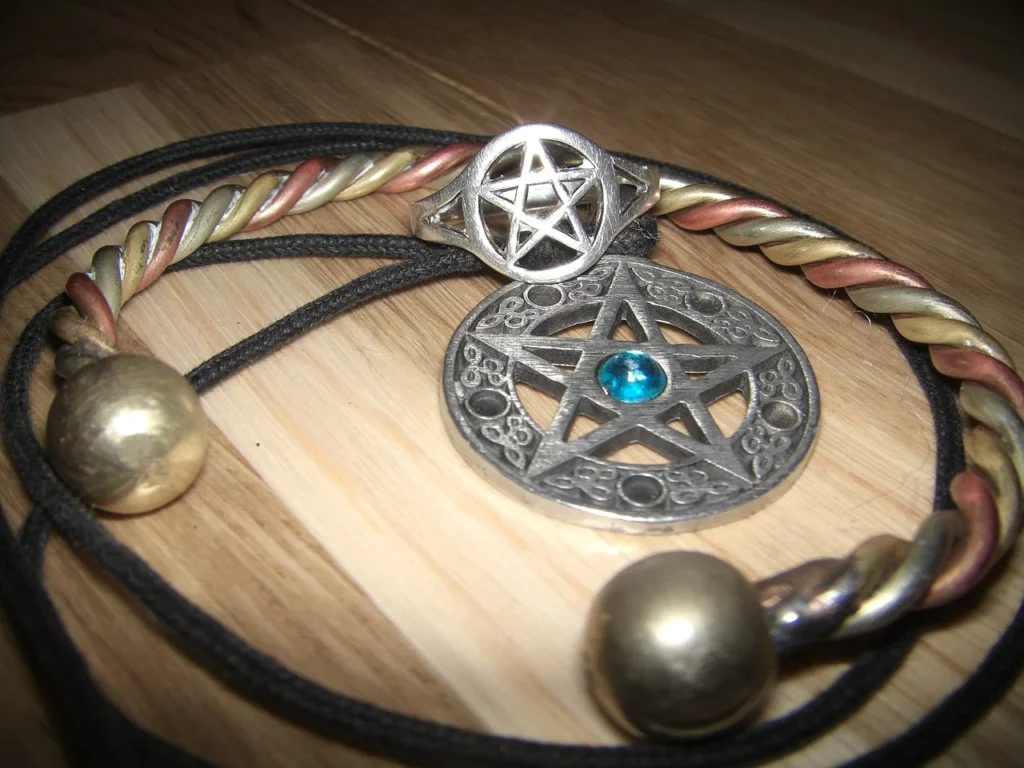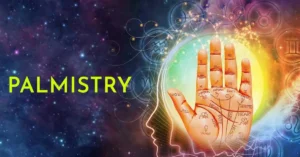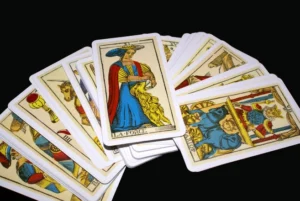The history of Wicca is a complex and multifaceted story, as it has evolved over time and been influenced by various cultural and religious movements. Wicca is a modern pagan religious movement that emerged in the mid-20th century, but it draws inspiration from ancient pagan practices, folklore, and ceremonial magic.
Here’s an overview of the history of Wicca:
Early Roots: The roots of Wicca can be traced back to pre-Christian pagan beliefs and practices in Europe. These ancient pagan religions, often centered around nature and fertility, were practiced by various cultures such as the Celts, Germanic tribes, and others. Many aspects of these ancient beliefs have influenced modern Wicca.
Gerald Gardner: The modern Wiccan movement as we know it today is often attributed to Gerald Gardner (1884-1964), an Englishman who claimed to have been initiated into a coven of witches in the New Forest region of England in the late 1930s. Gardner is considered one of the founding figures of Wicca. He claimed that Wicca was an ancient, pre-Christian religion that survived in secret covens through the ages.
Witchcraft Laws: In the 1950s, British laws against witchcraft were repealed, leading to a greater acceptance of occult practices. Gardner published books on witchcraft and Wicca, such as “Witchcraft Today” (1954) and “The Meaning of Witchcraft” (1959), which helped popularize the religion.
Influence of Doreen Valiente: Doreen Valiente (1922-1999) was a prominent figure in the early Wiccan movement and worked closely with Gardner. She is often credited with contributing to the development of Wiccan rituals and liturgy. Valiente’s writings and contributions helped shape Wicca into a more distinct and coherent religious system.
The Wiccan Rede and Threefold Law: Key ethical principles in Wicca, such as the Wiccan Rede (“An it harm none, do what ye will”) and the Threefold Law (the concept that whatever energy one puts out into the world will return to them threefold), were further developed during this period.
Expansion and Diversification: In the latter half of the 20th century, Wicca spread beyond the borders of the UK and gained popularity in other parts of the world, especially in North America. As it expanded, different traditions and offshoots emerged, leading to a diverse range of Wiccan practices.
Influence of Other Occult and Magical Traditions: Over time, Wicca has been influenced by other occult and magical traditions, such as ceremonial magic, Hermeticism, and Thelema. Some Wiccans incorporate elements from these traditions into their practices.
Today, Wicca continues to evolve, with various traditions, groups, and solitary practitioners following their unique interpretations and practices. It remains a decentralized and diverse religious movement with a focus on nature spirituality, reverence for the Divine in its various forms, and the celebration of seasonal cycles (Wheel of the Year). It is essential to note that while Wicca draws inspiration from ancient pagan practices, it is a modern religion created in the 20th century.







